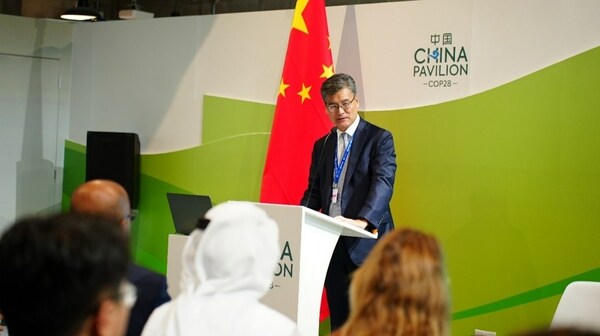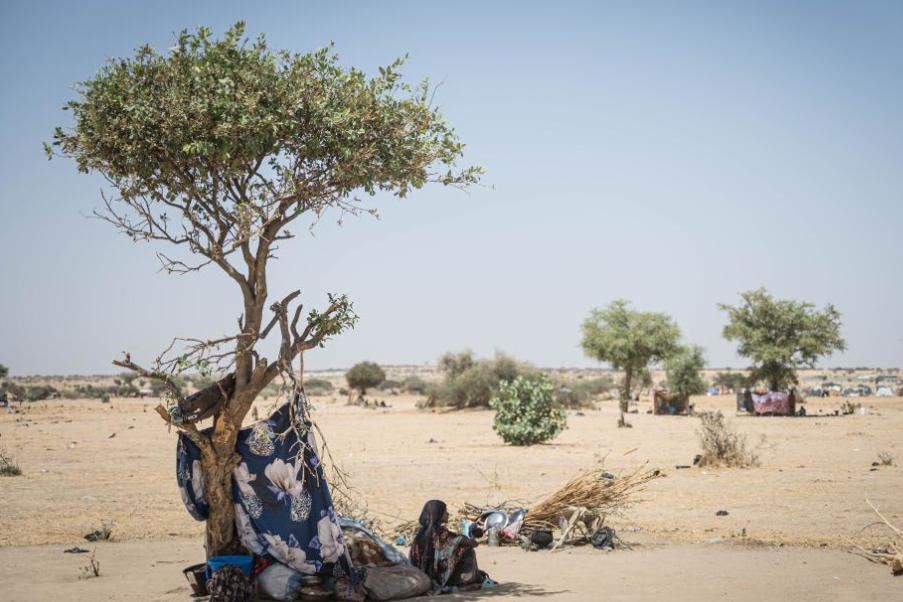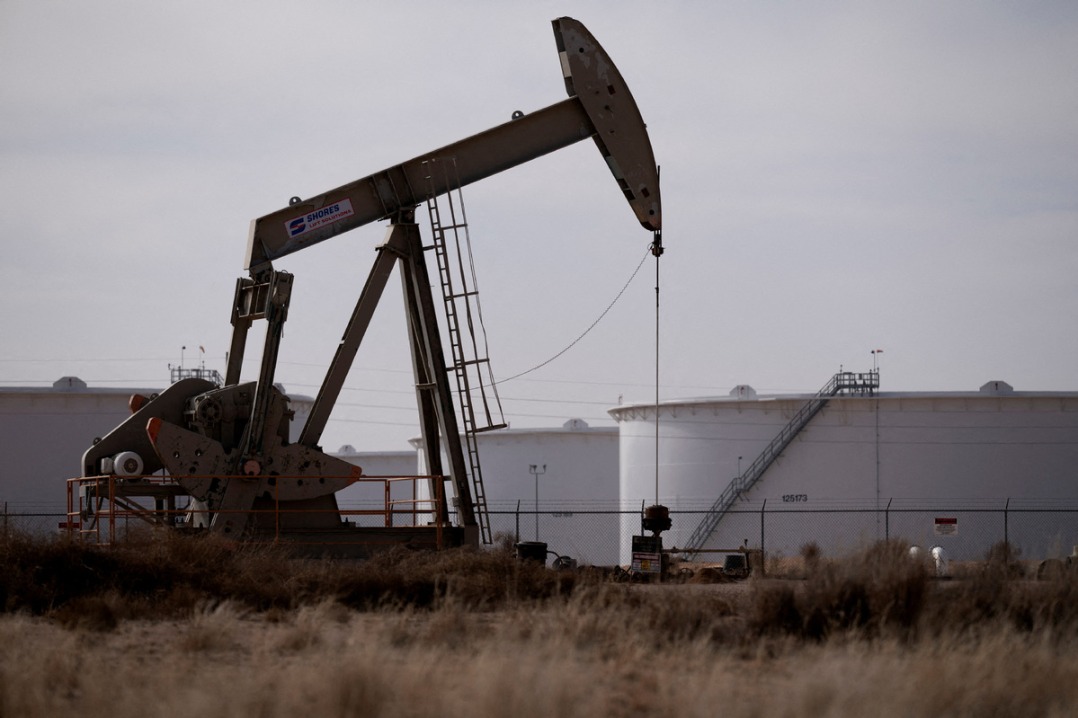Future bright for China-West Asia firms and institutions, says expert


China and West Asia have complementary advantages in the areas of economic collaboration and decarbonization and their enterprises and institutions can attain mutual benefits and win-win results, according to an industry expert.
Barry Chan, head of Asia and Australia Region at China International Capital Corporation (International) Limited, told China Daily that the West Asian region is trying hard to reduce their reliance on the oil industry. Instead, they want to build up not only new energy and electric vehicle industries but also the finance, travel, and health industries where Chinese companies can come over to help foster and invest.
"In the meantime, West Asia has rich land resources with plenty of sunlight that can develop the photovoltaic industry," Chan said in an exclusive interview.
Moreover, West Asia's advantages include a strategic location between China and Europe, low taxes, and an abundant labor force coming from neighboring nations, such as India and Bangladesh.
The region looks forward to "more technology and experience", he noted, adding this is an area that China has been committed to over the past decades and can bring over resources for a mutually beneficial collaboration.
Environmentally speaking, China and West Asia can also work together to develop a sustainable future and a low-carbon economy, a mission which is also a commitment of CICC, Chan said.
"We are among the first signatories of the Green Investment Principles for the Belt and Road Initiative, and signed the Principles for Responsible Investment of the United Nations," Chan said.
Chan said that his company is actively looking at ways to help strengthen the in-depth economic and financial cooperation between China and West Asia.
CICC, as an investment bank, aims to play the role of a bridge, to promote bilateral trade, investment and financing, and strategic cooperation. "At CICC, we are committed to fostering and strengthening these crucial partnerships among China, West Asia, and beyond," he said.
According to Chan, CICC aims to set up branches in West Asia where it can act as an intermediary between local enterprises, institutions, and investors and their Chinese counterparts, using its understanding and knowledge of both sides.
Chan illustrated his point by noting CICC's involvement in software firm Kingdee International's announcement of a $200 million strategic investment from Qatar Investment Authority recently.
During the 2023 United Nations Climate Change Conference (COP28) in Dubai, the UAE, from Nov 30 to Dec 13, CICC hosted the "China-West Asia Synergies in Energy Transition and Decarbonization Investment Seminar" at the China Pavilion on Dec 9.
UAE Minister of State for Artificial Intelligence, Digital Economy, and Remote Work Applications Omar Sultan Al Olama attended the event.
The seminar was a celebration of COP's achievements while the participants elaborated on what more can be done to support COP's main theme — the urgency of collective action and collaboration towards net zero.
"Our discussions (in Dubai) have paved the way for embracing innovative industrial, technological, and financial strategies essential to achieve our net-zero targets, said Chan.
At the event, he invited those representing their companies and investors from China, UAE, West Asia, and worldwide to work together to realize a green future.
"The long journey towards a sustainable future that is beneficial to all mankind requires the collective efforts of all stakeholders," Chan said. "Together, we can turn these challenges into opportunities, driving returns, sustainability, and inclusivity."































